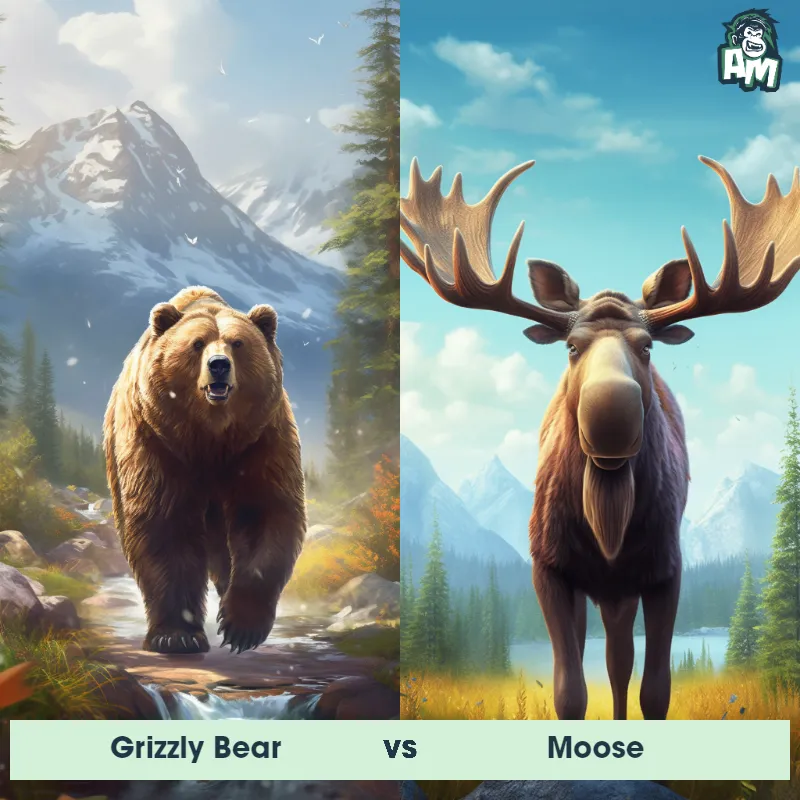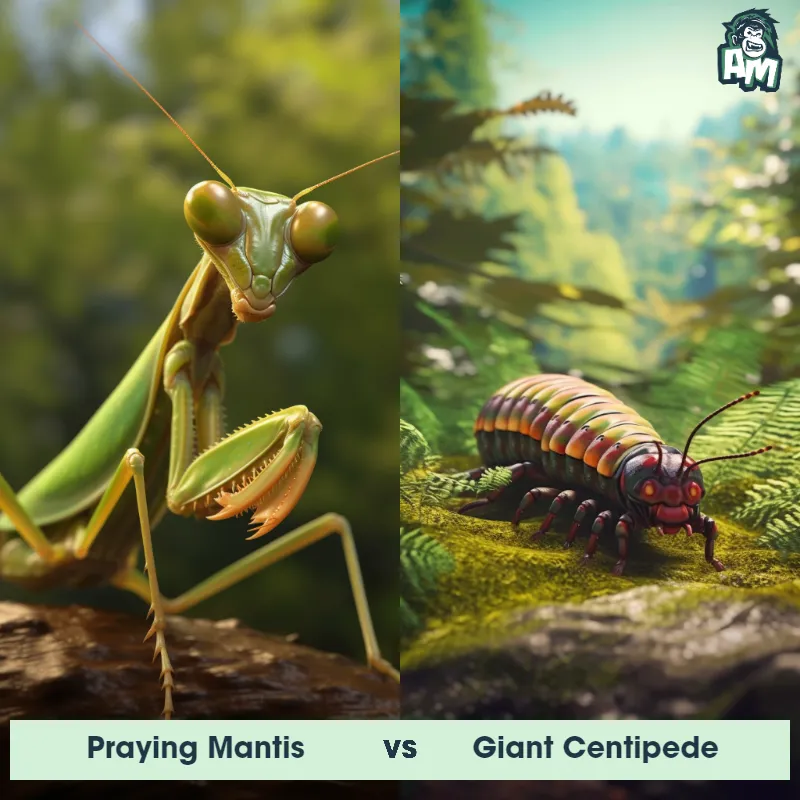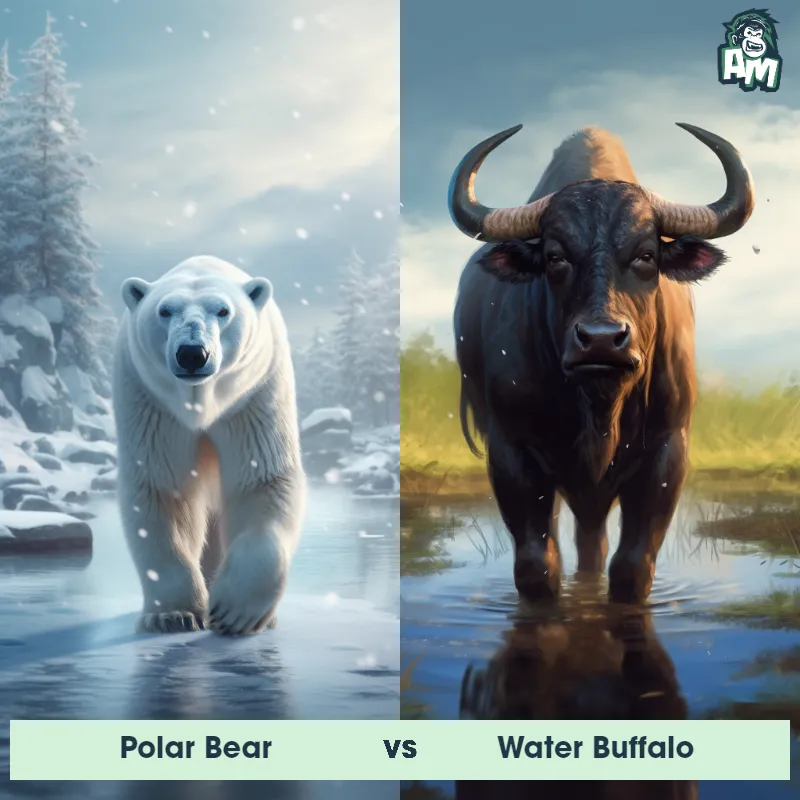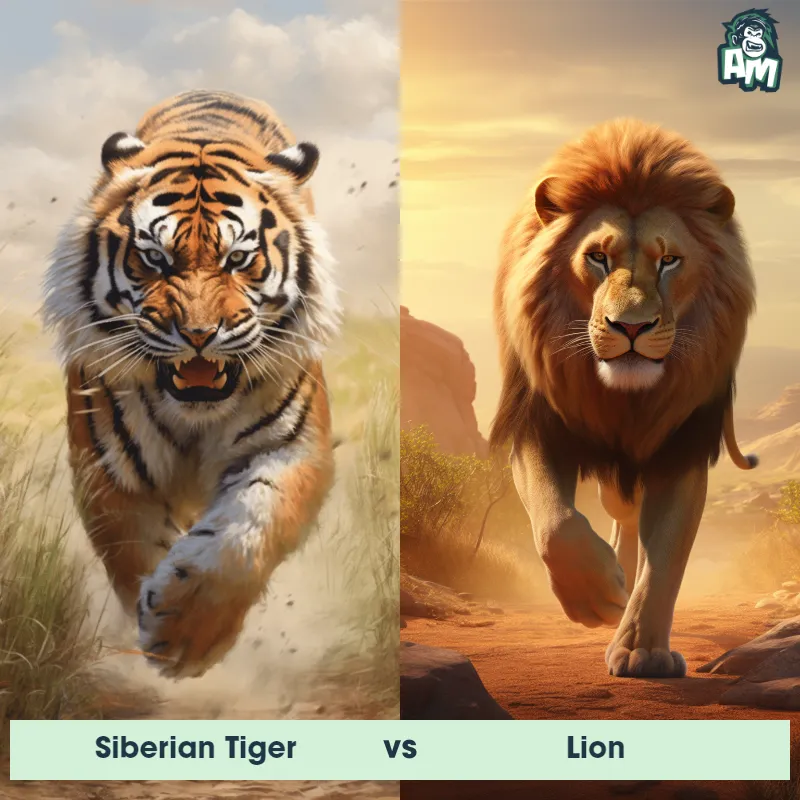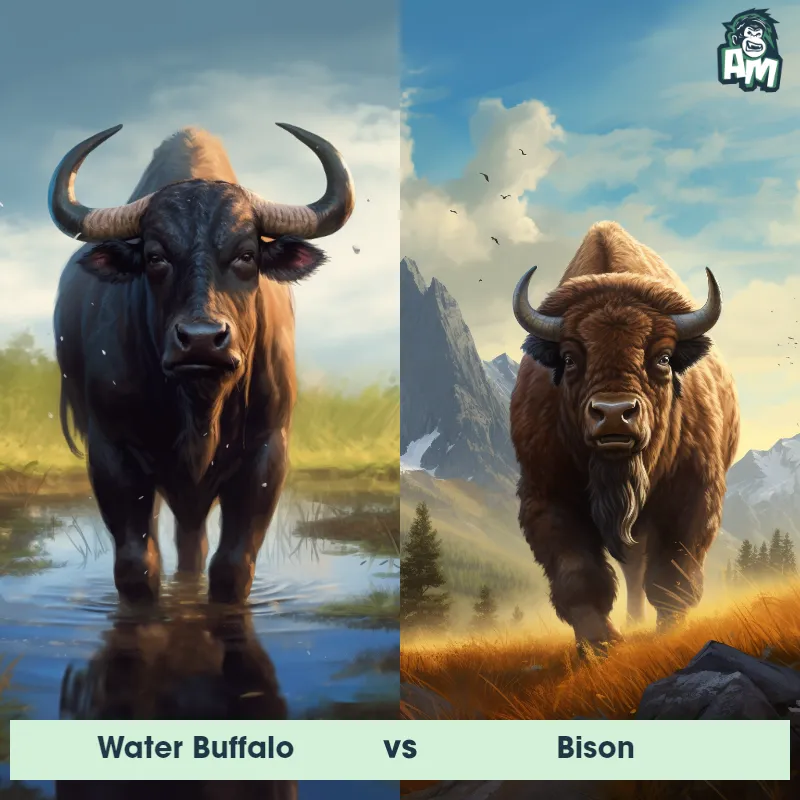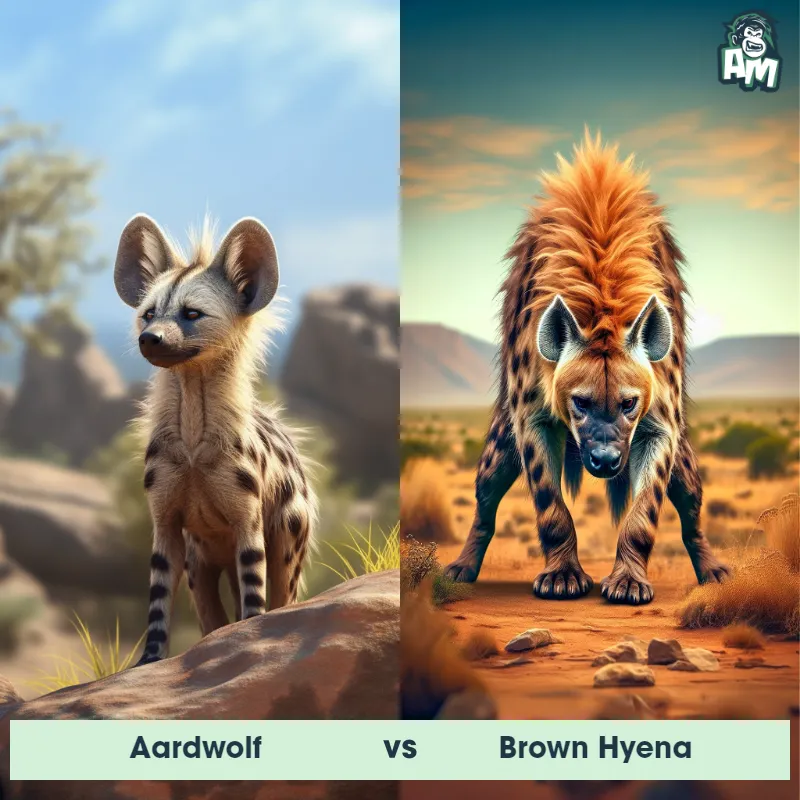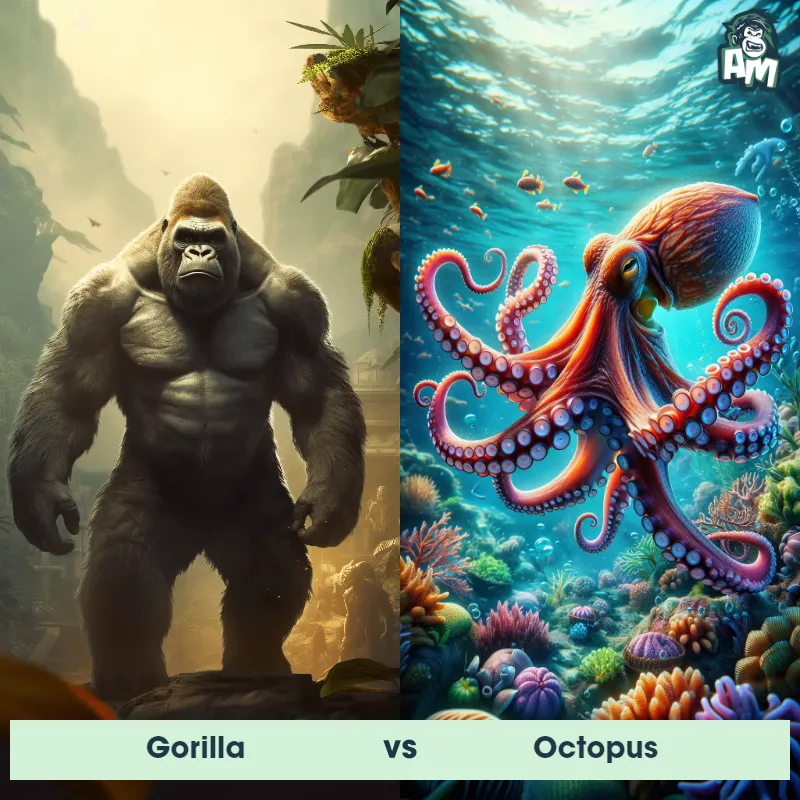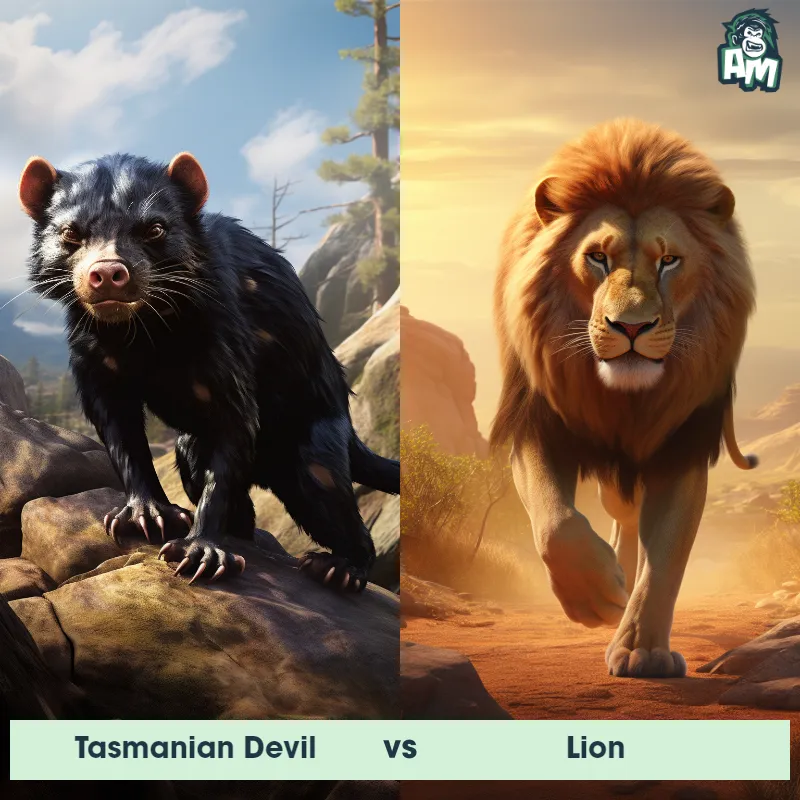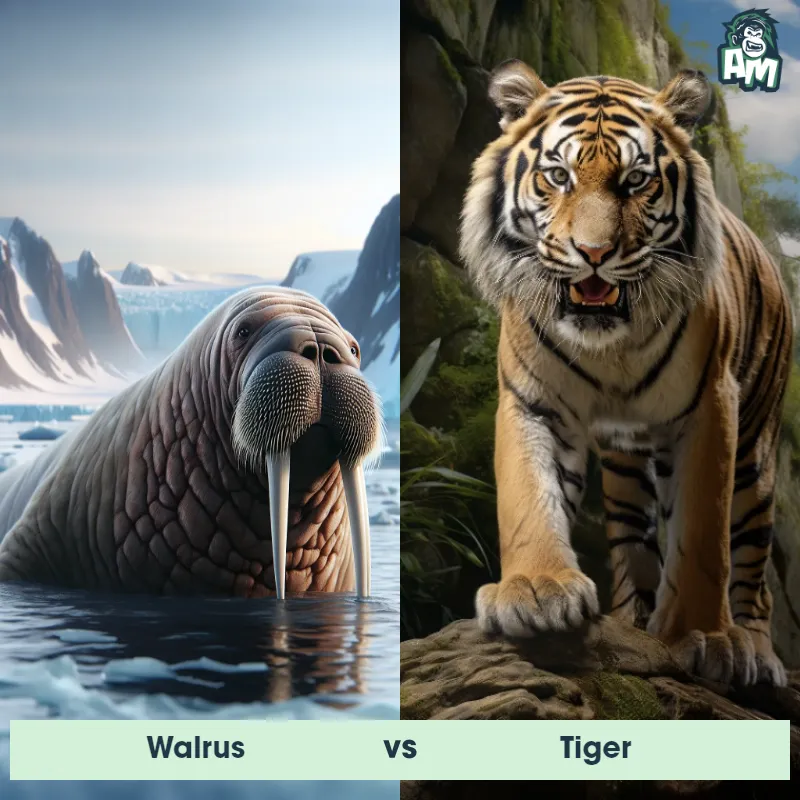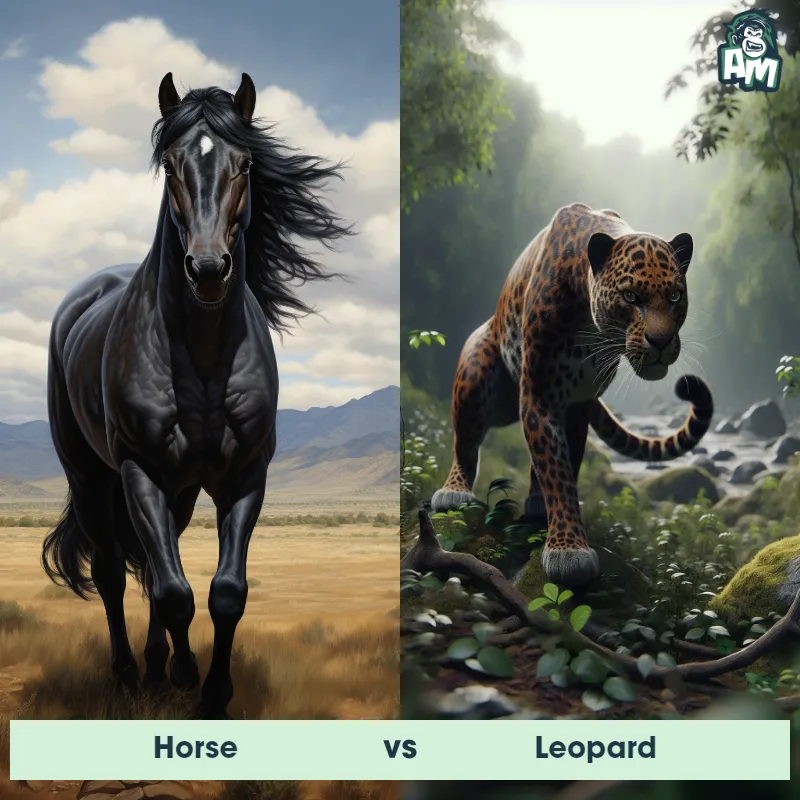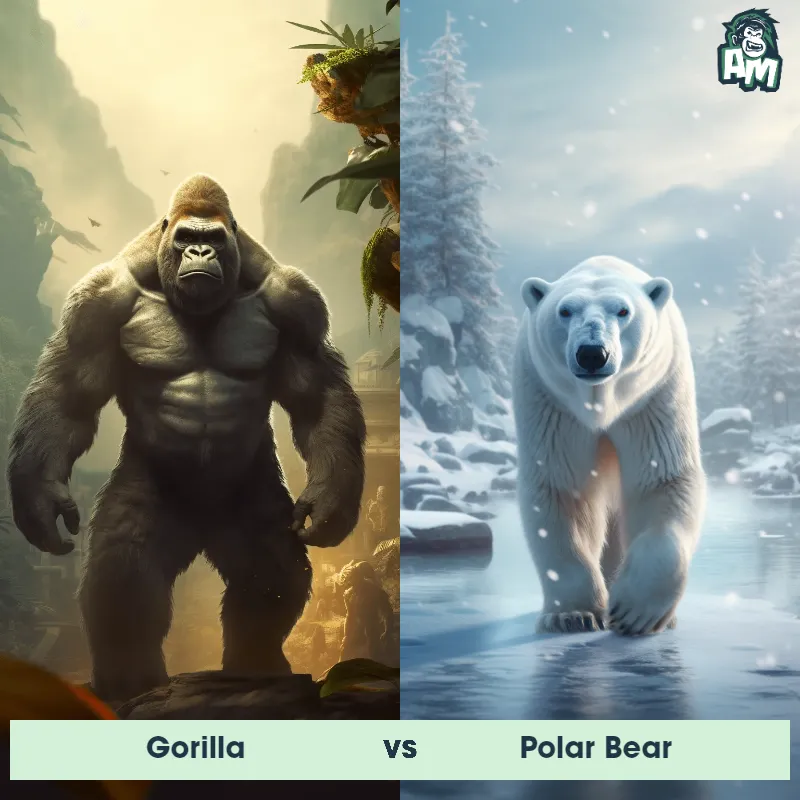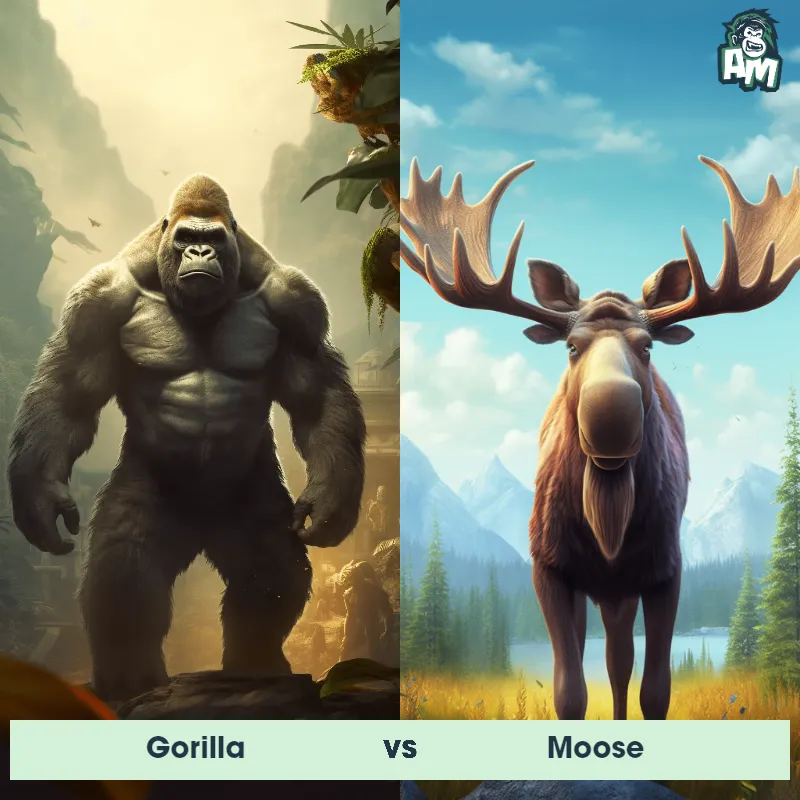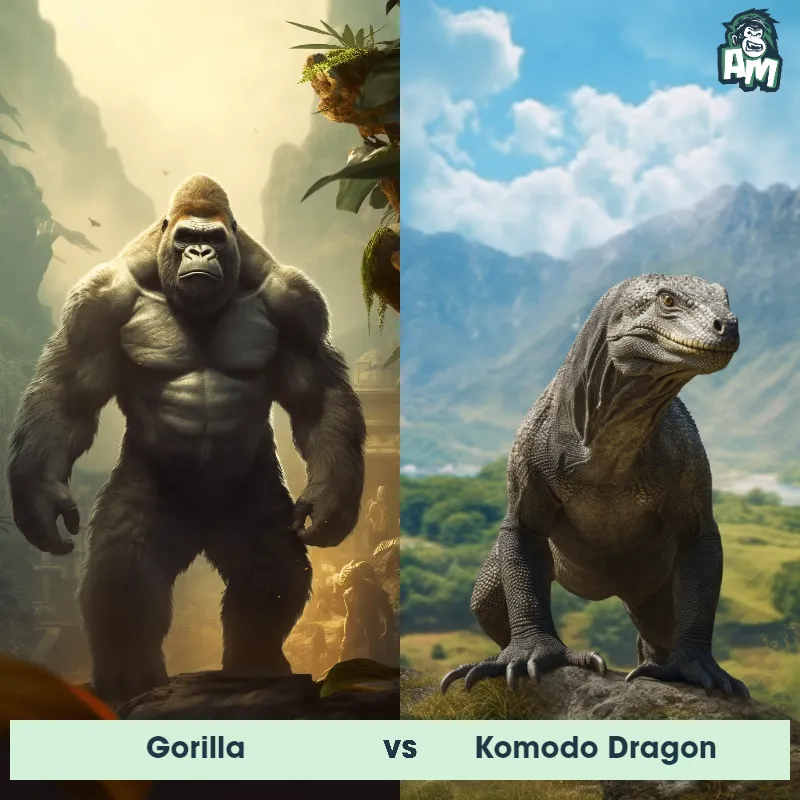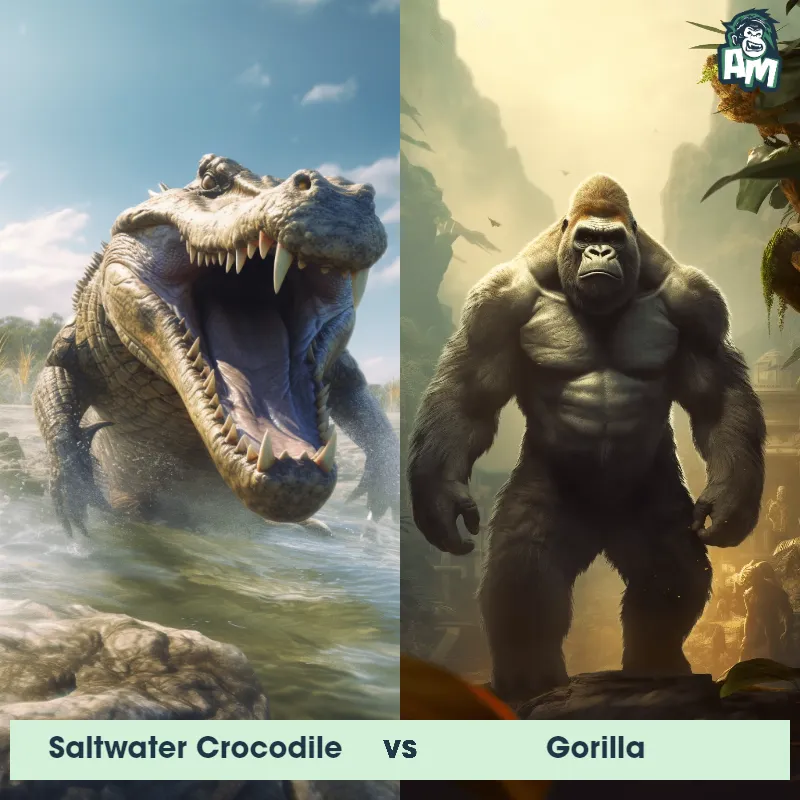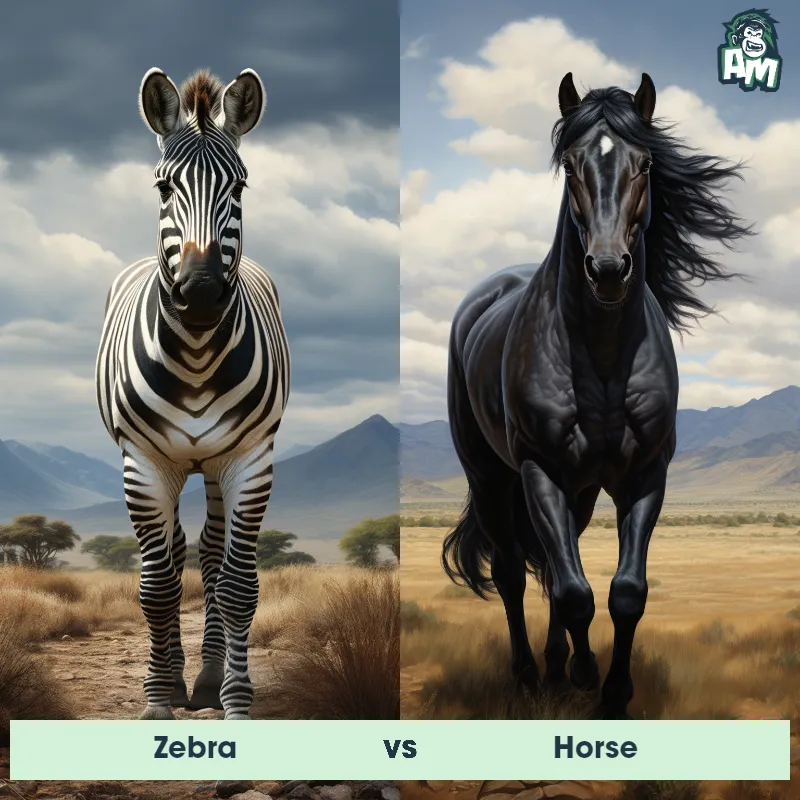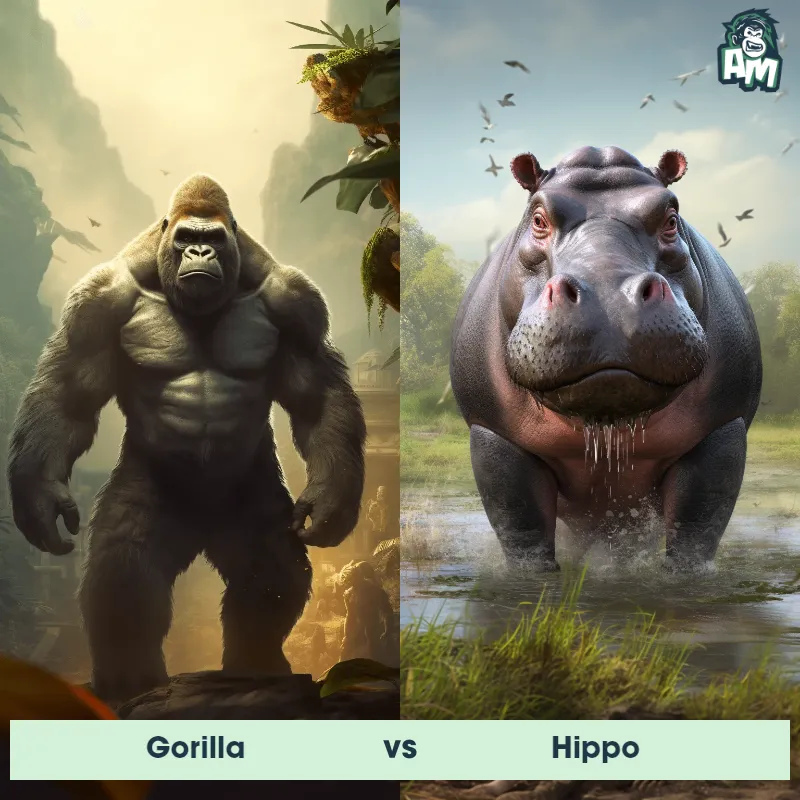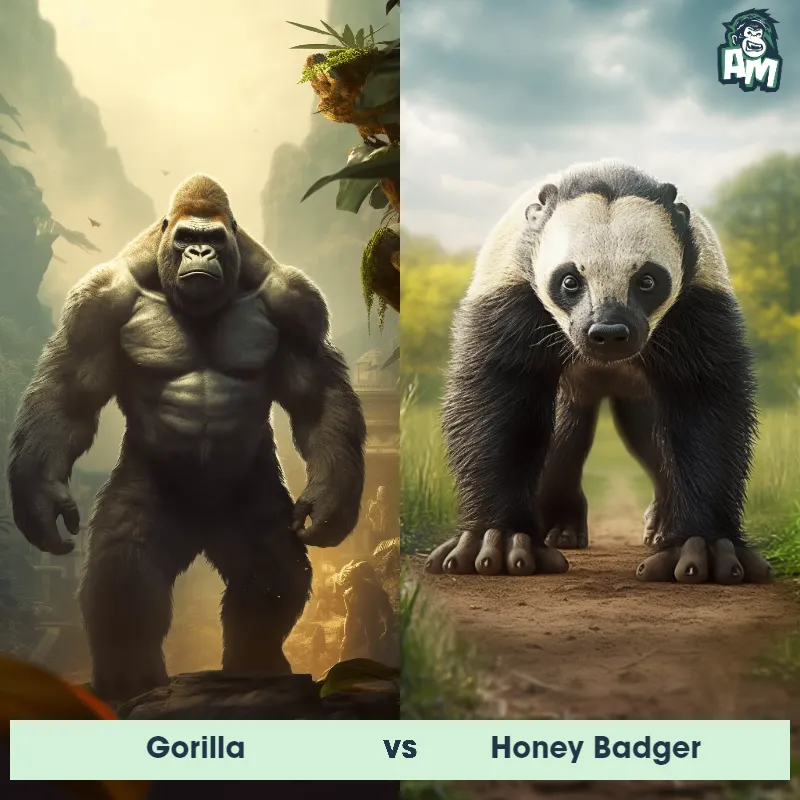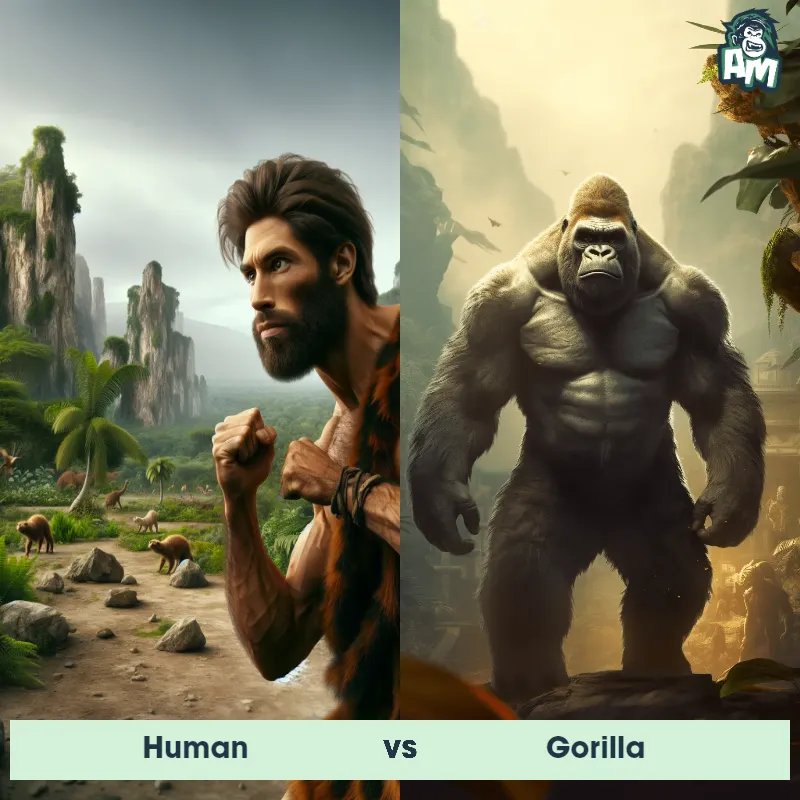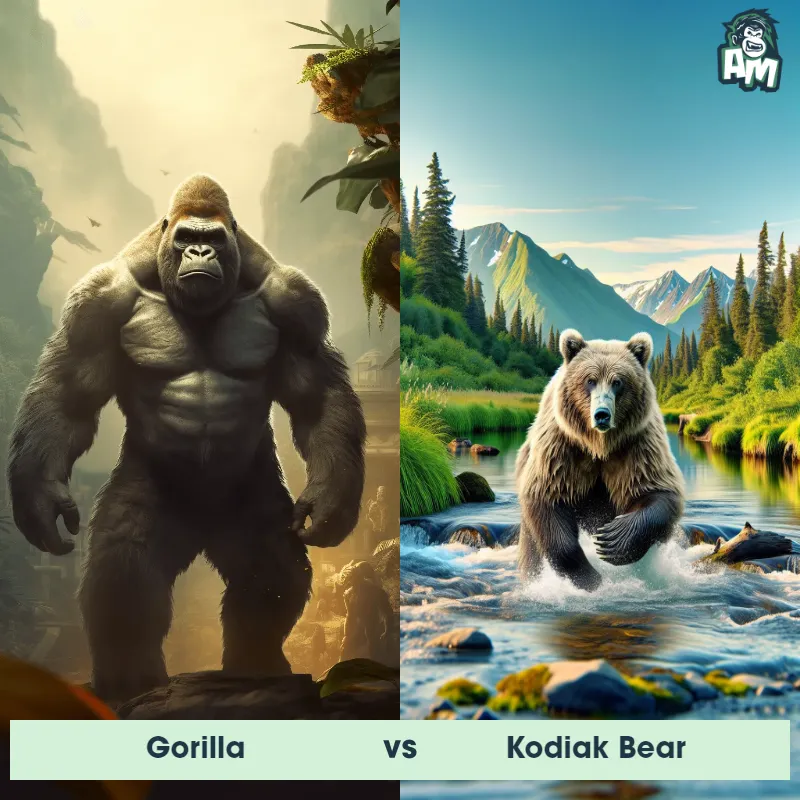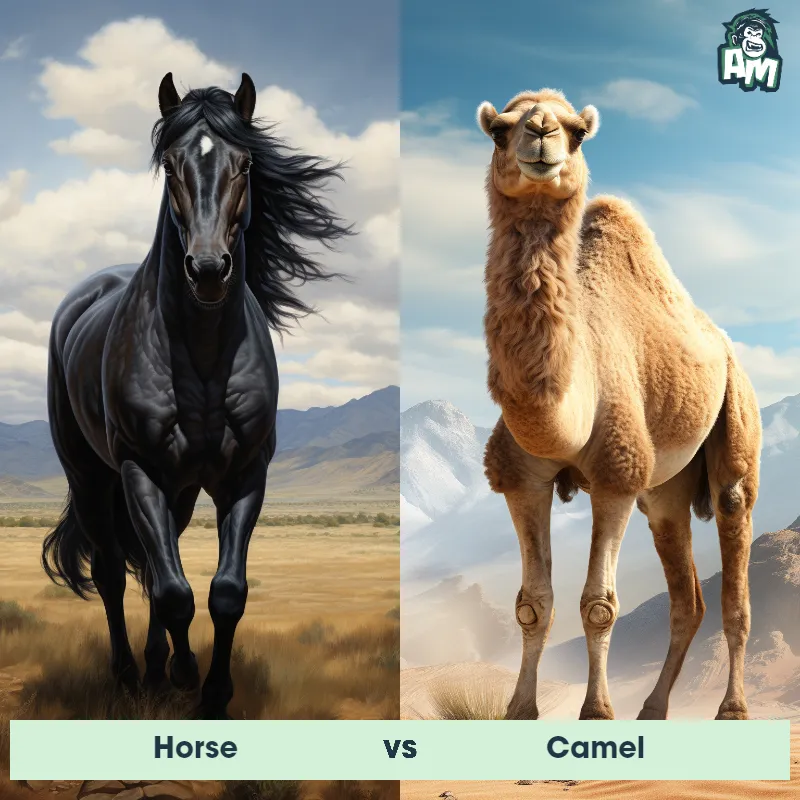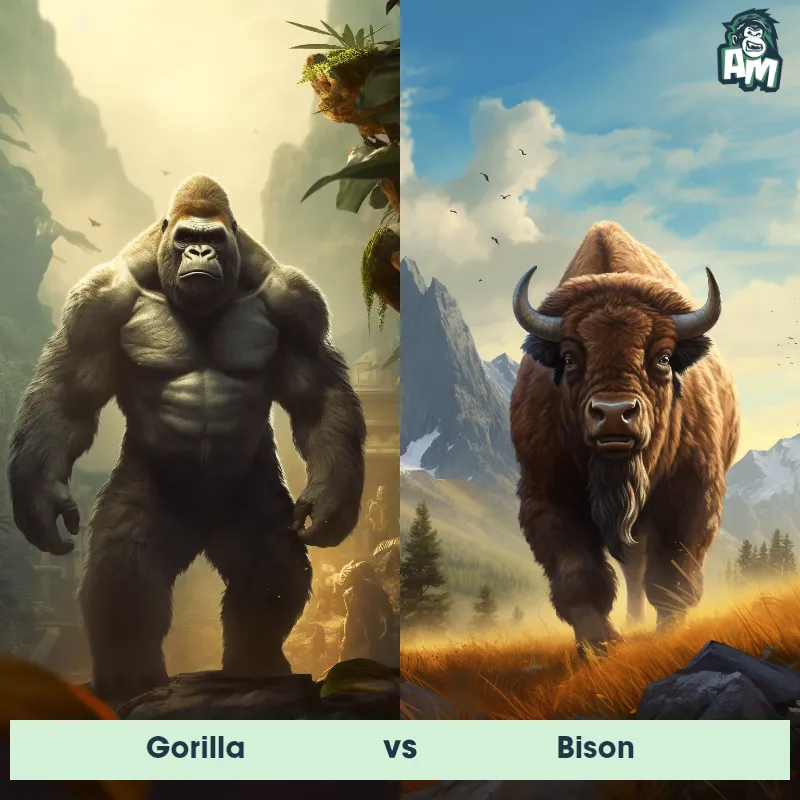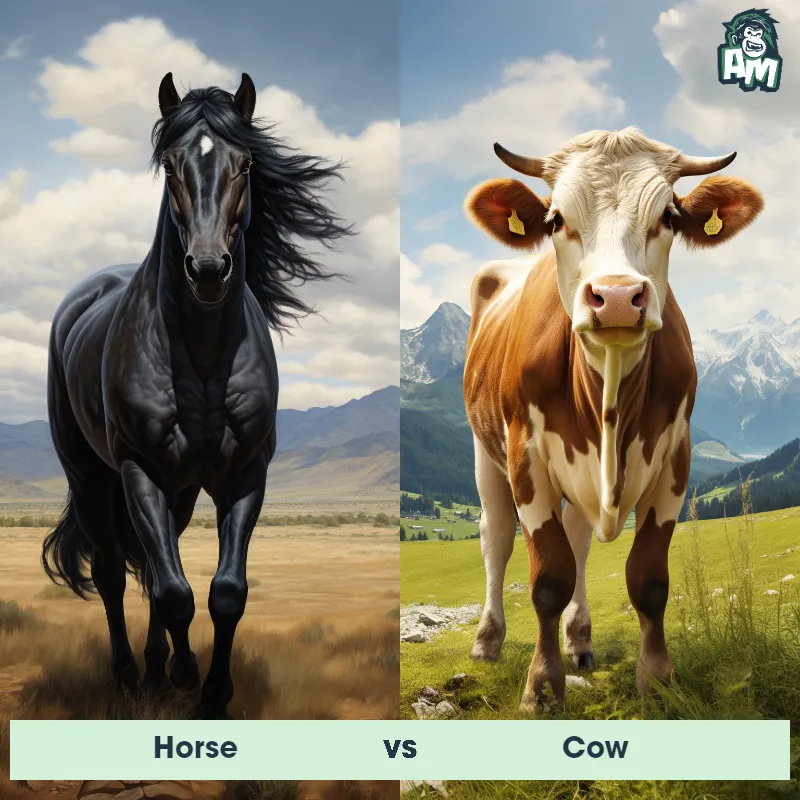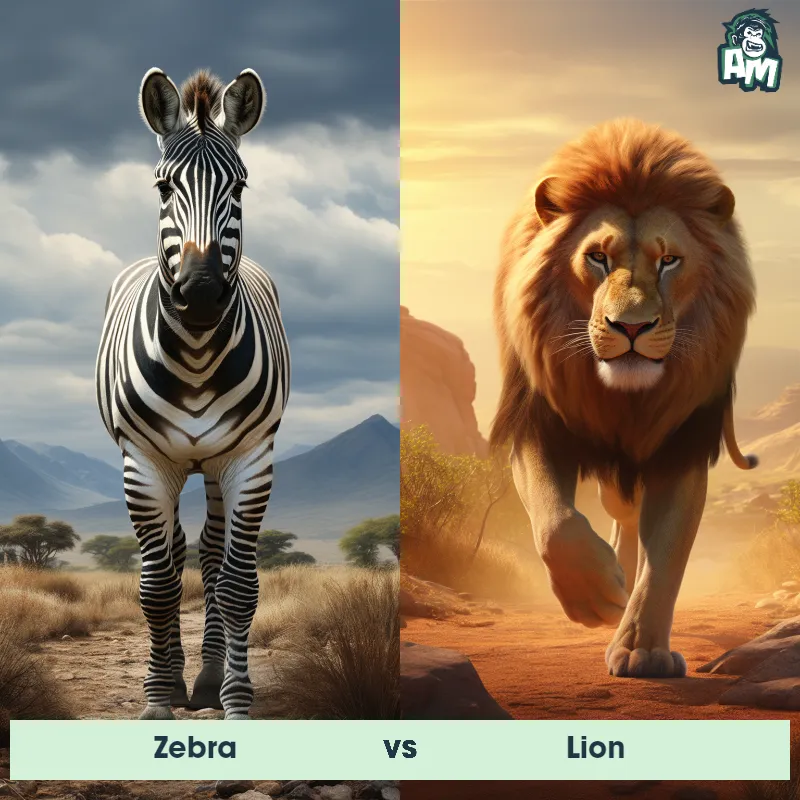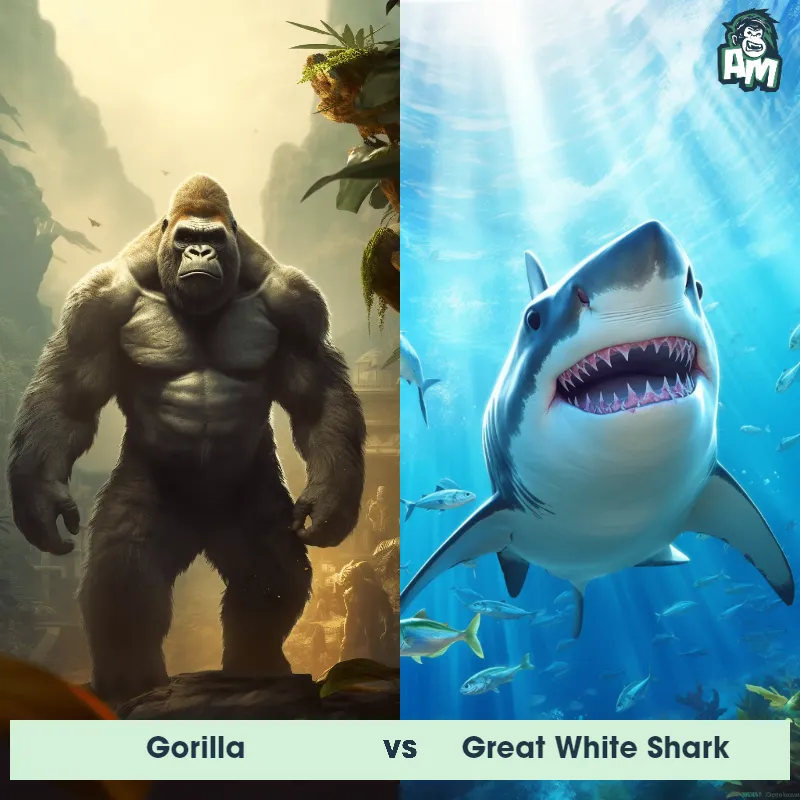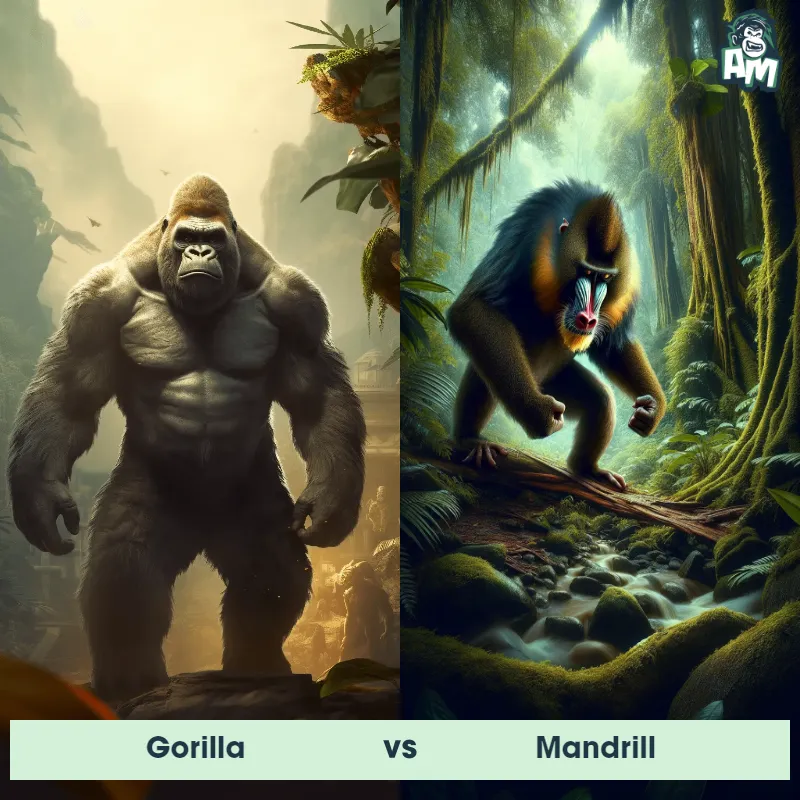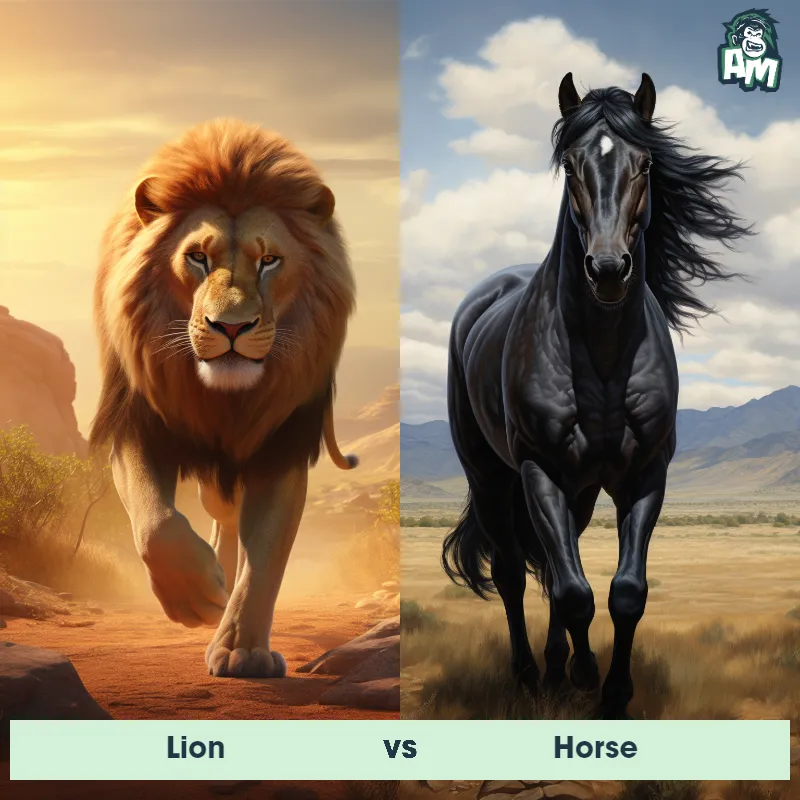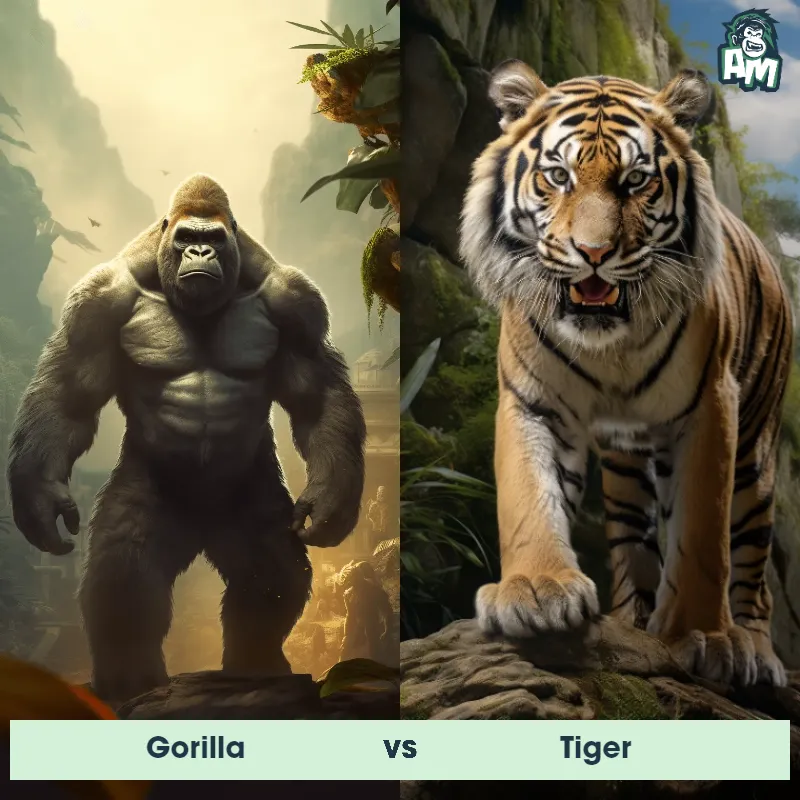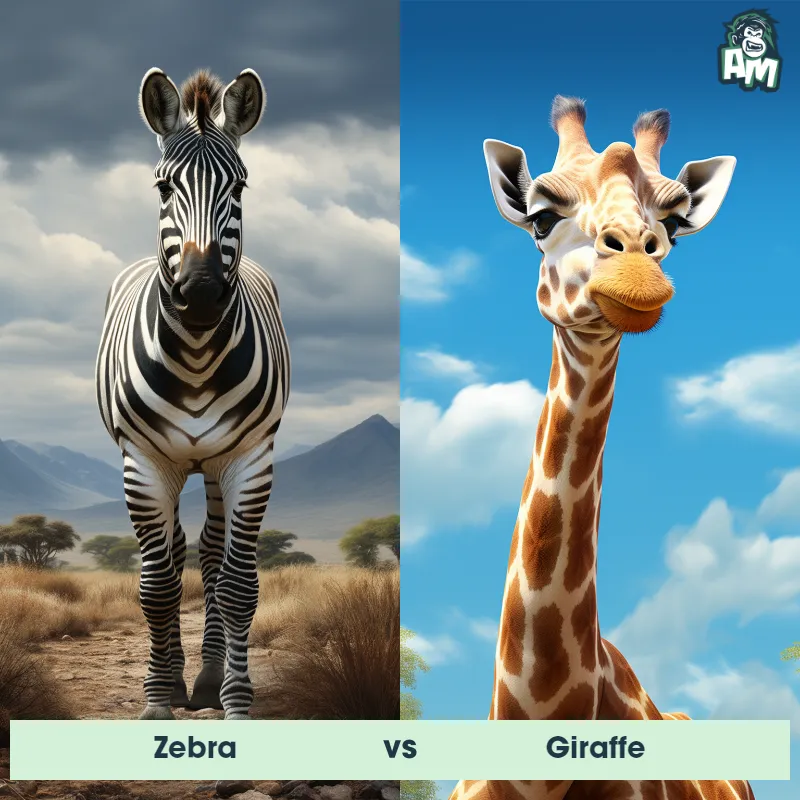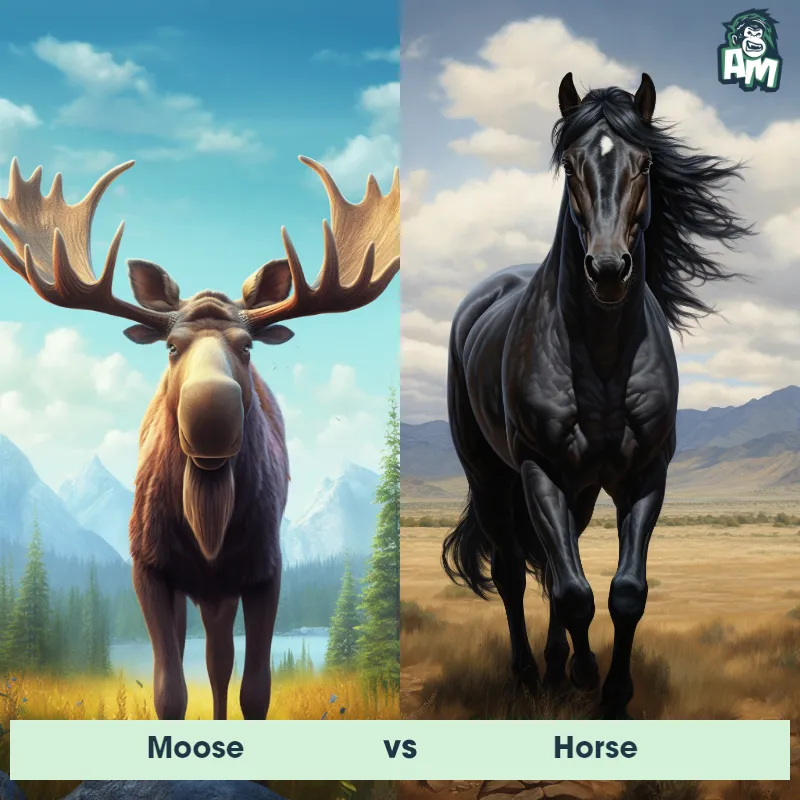Human vs HorseSee Who Wins

Welcome to tonight's matchup between a human and a horse! It's a unique battle of strength and agility as these two competitors face off in the arena. Let's see who will come out on top in this one-of-a-kind showdown.
Contender 1: Human
The human, Homo sapiens, is a highly intelligent and social primate species. They are characterized by their upright posture, opposable thumbs, and relatively hairless bodies compared to other mammals. Humans have complex brains that enable them to think, reason, and communicate through language. They possess a wide range of physical variations in height, weight, and skin color due to genetic diversity. Humans are known for their adaptability and capacity to use tools, which has allowed them to thrive in a variety of environments across the globe.
![[object Object] Gif](https://tenor.com/view/hungry-caveman-muppetwiki-muppet-wiki-jim-henson-gif-11005515308056547982.gif)
Fun Fact: Humans are the only known species capable of abstract thinking, allowing them to conceptualize ideas and think in terms of concepts that do not have a physical presence.
Contender 2: Horse
The Horse is a large domesticated ungulate notable for its speed, strength, and endurance. With muscular bodies, long legs, and a well-defined neck, horses exhibit a wide variety of coat colors and distinctive markings. They possess a unique digestive system that allows them to survive on a diet mainly of grass. Known for their keen senses and high level of sociability, horses have been used for various purposes, including transportation, work, sport, and companionship, throughout human history.
![[object Object] Gif](https://tenor.com/view/horse-fight-viralhog-animal-brawl-animal-scuffle-gif-14740911035351561444.gif)
Fun Fact: Interestingly, horses use their ears, eyes, and nostrils to express their mood, making them one of the most expressive animals.
Matchup Stats
| Human | Horse | |
|---|---|---|
| Size | Average height of 5 feet 7 inches (170 cm) | 4.5 - 6 feet at the shoulder (1.4 - 1.8 meters) |
| Weight | Average weight of 154 pounds (70 kg) | 900 - 2200 pounds (410 - 1000 kilograms) |
| Speed | 27.8 mph (44.7 km/h) | 55mph (88km/h) |
| Key Strength | Intelligence and ability to strategize | Speed and powerful kicks |
| Biggest Weakness | Lack of physical strength compared to some animals | Lack of natural weapons (like claws or sharp teeth) |
Current Votes
Human vs Horse
See Who Wins
View More Matches
Looking For More?
Similar Matches
Scientific Stats
| Human | Horse | |
|---|---|---|
| Scientific Name | Homo sapiens | Equus ferus caballus |
| Family | Hominidae | Equidae |
| Habitat | Diverse habitats, including forests, grasslands, deserts, and urban areas | Grasslands, Deserts, and Forests |
| Geography | Found on all continents | Worldwide |
| Diet | Omnivorous, with a preference for cooked food | Herbivore (Primarily grass, hay, and grains) |
| Lifespan | 70 years - 90 years | 25 years - 30 years |
Key Differences between Human and Horse
- Leg Ratio: Horses have longer legs in proportion to their body size than Humans, allowing them to run at high speeds.
- Size: Horses are typically much larger than Humans, with an average height of around 16 hands compared to the average human height of 5 to 6 feet.
- Tail: Horses have long, flowing tails used for communication and swatting away insects, whereas Humans do not possess a tail.
- Muzzle: Horses have elongated and tapering muzzles, while Humans have shorter, more rounded noses.
- Hooves: Horses have hooves on their feet, providing them with traction and stability on various terrains, unlike Humans who have flat feet.
- Ears: Horses have large, pointed ears that can rotate in different directions to pick up sounds, while Humans have smaller, more rounded ears positioned closer to the head.



